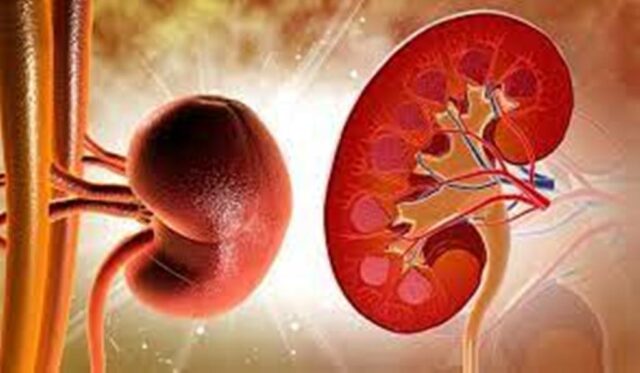World Kidney Day, every March 10th, aims to promote kidney health for all. This year the goal was to increase kidney health education and awareness to close the knowledge gap on chronic kidney disease (CKD) at all levels of healthcare.
This knowledge gap is hampering the fight against kidney disease and increasing the mortality associated with it. While early detection enables care and management of the disease to help prevent morbidity and mortality, and improve the likelihood of sustainability of health systems, kidney disease-related mortality continues to rise each year and it is projected to be the fifth leading cause of death by 2040.
This is why World Kidney Day calls for all of us to be aware of the role of the kidneys in our body. The 8 golden rules to take care of our kidneys are:
1. Stay fit and active. Start with an achievable goal, an example is to go for a 15 minute walk or a walk around the block from where I live, and gradually increase the goal according to age. Boys and girls should exercise for an hour a day, for example.
2. Maintain regular control of blood glucose levels. Usually in the laboratory blood tests that the doctor sends us, this measurement is made, ask your health professional as soon as it is found, so that you can evaluate the upward, downward trend or if it is maintained. In case of increasing, remember that the first step is feeding. Fasting glucose should be less than 100mg/dl.
3. Monitor your blood pressure, know the values. Whether you have your blood pressure taken at the office, you can go to a pharmacy and ask to have it taken, and find out how high your pressure should be. Write it down, either in a notebook or on your phone in notes or send a message to someone you trust.
4. Eat healthy and keep your weight under control.
5. Maintain water intake throughout the day. The ideal is to drink about 2 liters of water. In the case of people with a disease or who suffer from fluid retention or edema, they will have a personalized indication.

6. NO smoking. Smoking is the most common factor present in all chronic diseases, since it produces inflammation, which does not allow cells to function in the best way.
7. DO NOT self-medicate. It is very careful to take medications not prescribed by your doctor, since they can interact with each other, and enhance or diminish the function of any medication that you really need to stabilize your health.
8. Check your kidney functions if you have one or more high-risk factors.
Closing the knowledge gap for better kidney care is a cause that involves us all: doctors, scientists, nurses, nutritionists, patients and the general public.

